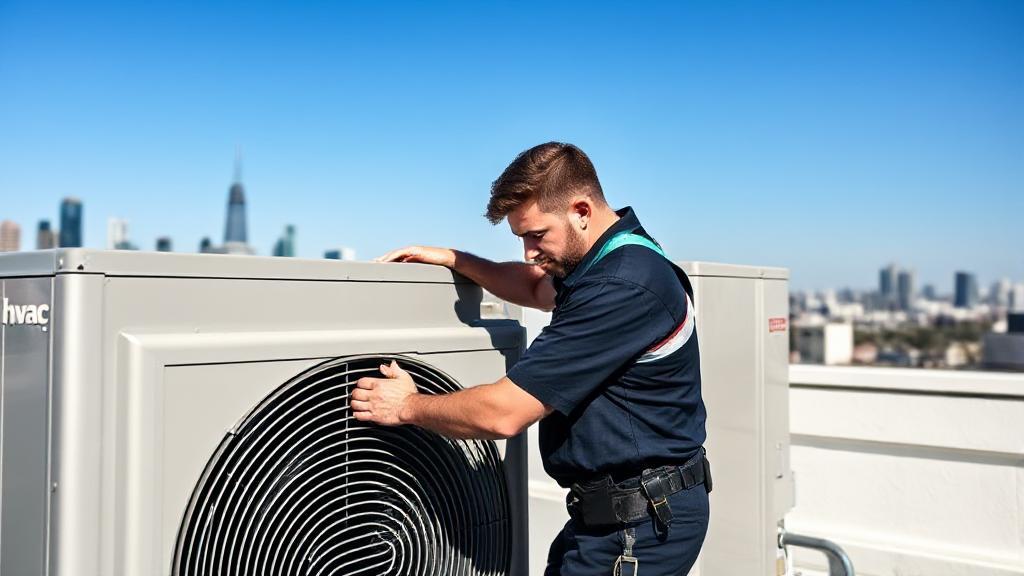Understanding the HVAC Industry
The Heating, Ventilation, and Air Conditioning (HVAC) industry is a critical component of modern infrastructure, ensuring comfort and air quality in residential, commercial, and industrial settings. As the demand for energy-efficient and environmentally friendly systems grows, so does the need for skilled HVAC technicians.
National Salary Overview
According to the U.S. Bureau of Labor Statistics, the median salary for HVAC technicians in 2023 ranges from $48,630 to $77,920 annually. This figure can vary significantly based on several factors, including experience, location, and specialization.
Experience Levels
- Entry-Level Technicians: $35,000 - $45,000
- Mid-Level Technicians (5-10 years): $55,000 - $70,000
- Senior Technicians (10+ years): $70,000 - $90,000+
Geographic Variations
Top-paying states for HVAC technicians:
- Alaska: $79,810
- District of Columbia: $76,640
- Hawaii: $75,930
- Washington: $74,920
- Massachusetts: $73,760
Industry Specialization
Different sectors offer varying compensation:
| Industry Sector | Average Salary Range |
|---|---|
| Residential | $40,000 - $70,000 |
| Commercial | $50,000 - $90,000 |
| Industrial | $60,000 - $100,000 |
| Green Technology | $65,000 - $90,000 |
Factors Affecting Salary
Certification and Education
Technicians with advanced certifications from organizations like NATE typically earn 10-15% more than their non-certified counterparts. Key certifications include:
- EPA Section 608
- NATE Certification
- HVAC Excellence
- ICE Certification
Additional Income Opportunities
- Overtime pay (typically 1.5x regular rate)
- Emergency call fees
- Commission-based sales
- Performance bonuses
Employment Benefits
"The total compensation package for HVAC technicians often adds 25-35% value to their base salary when considering benefits." - HVAC Industry Compensation Report
Most HVAC technicians receive comprehensive benefits packages including:
- Health insurance
- Retirement plans (401k)
- Paid time off
- Company vehicle
- Tool allowances
- Continuing education support
Job Outlook and Industry Trends
The HVAC industry is expected to grow by 5% from 2022 to 2032, according to the Bureau of Labor Statistics. This growth is driven by:
Emerging Technologies
- Smart HVAC systems
- Green energy solutions
- Building automation
- IoT integration
Market Demands
- Increasing construction activity
- Stricter energy efficiency regulations
- Growing emphasis on indoor air quality
- Aging infrastructure replacement needs
Challenges and Considerations
- Physical Demands: The job can be physically demanding, requiring technicians to work in confined spaces or at heights.
- Weather Conditions: Technicians often work outdoors, sometimes in extreme weather conditions.
- Regional Variations: Salary differences are influenced by cost of living, climate conditions, local economic factors, and union presence.
For more information on becoming an HVAC technician, consider visiting resources like HVAC School, HVAC Excellence, or exploring job listings on Indeed or Glassdoor.
